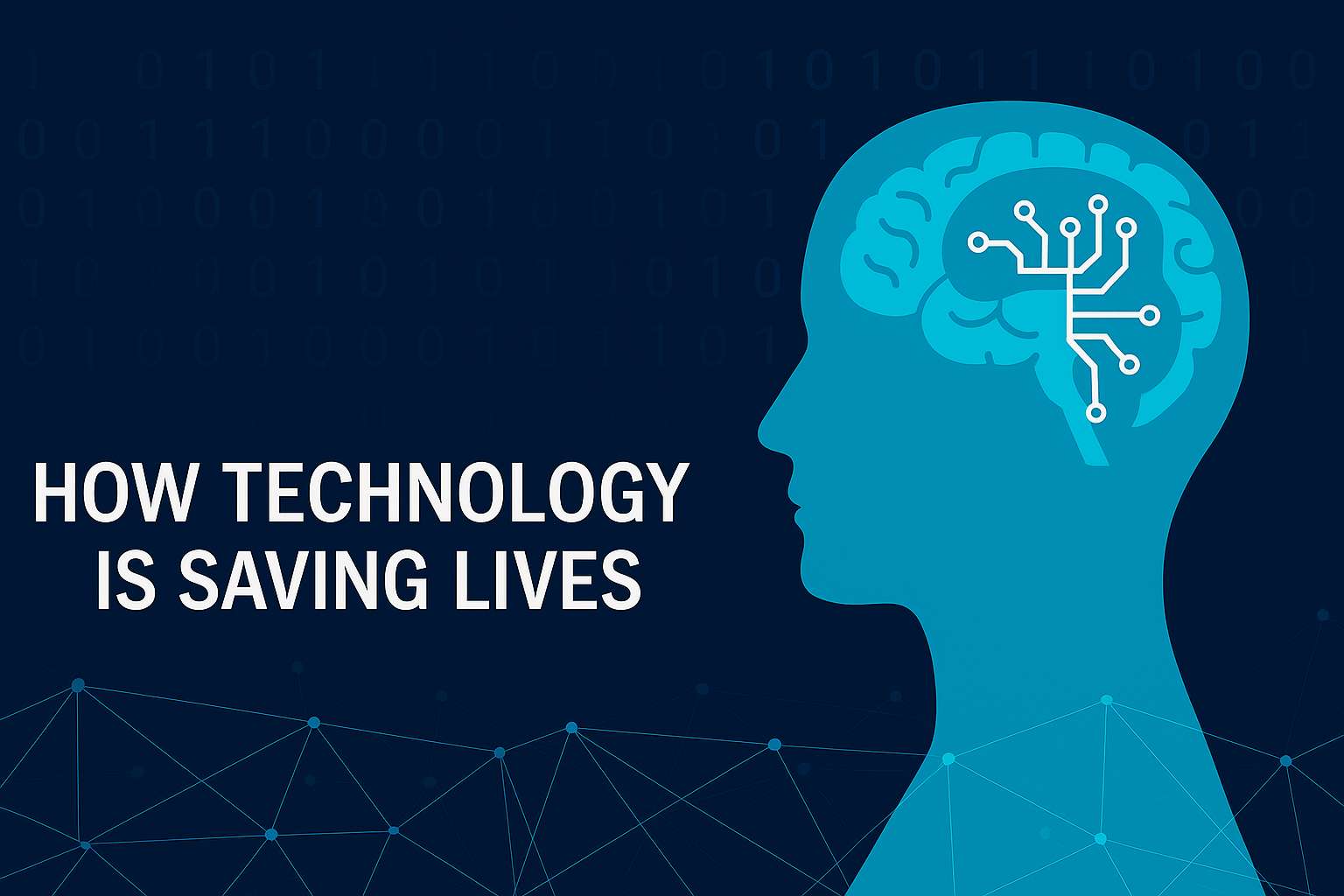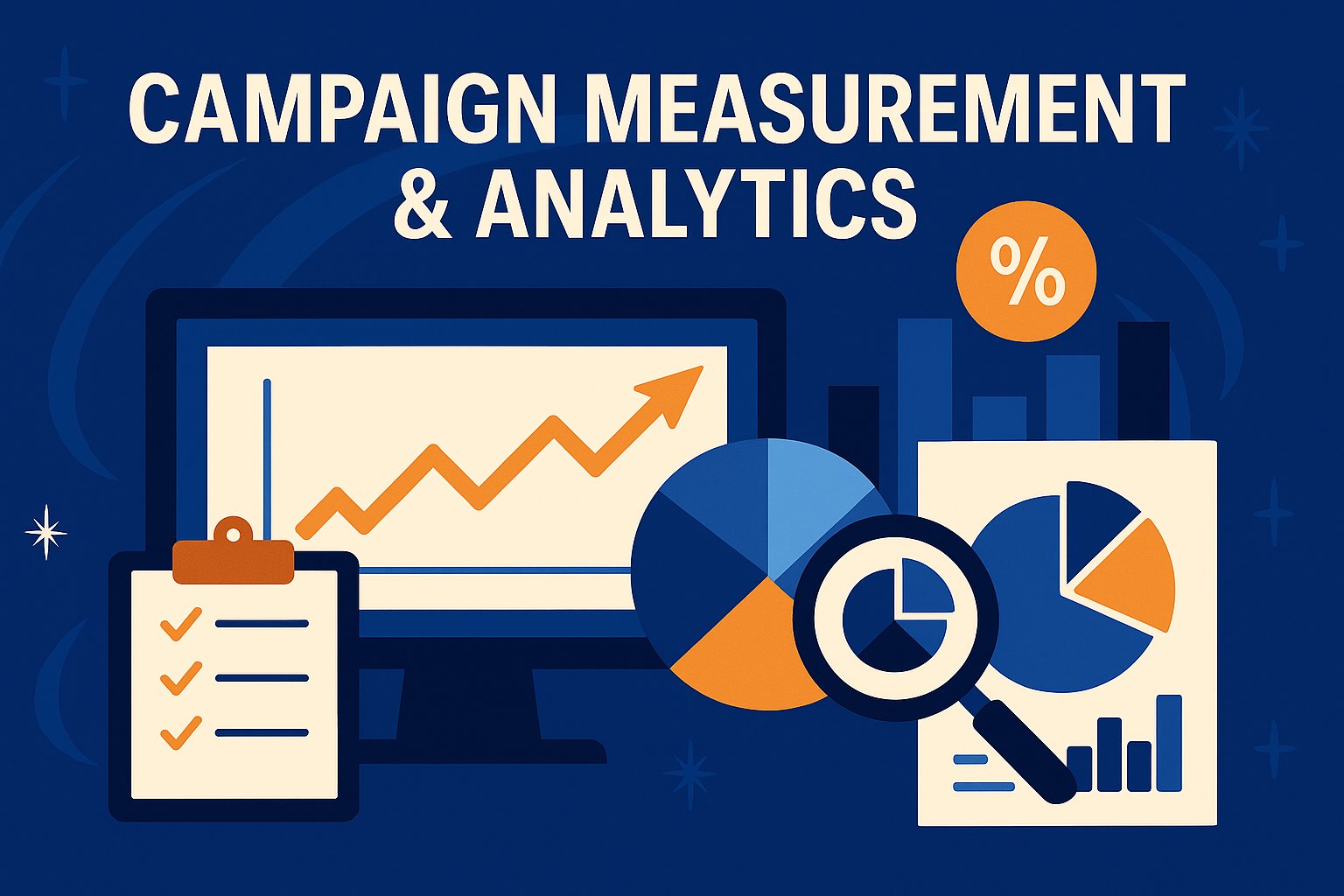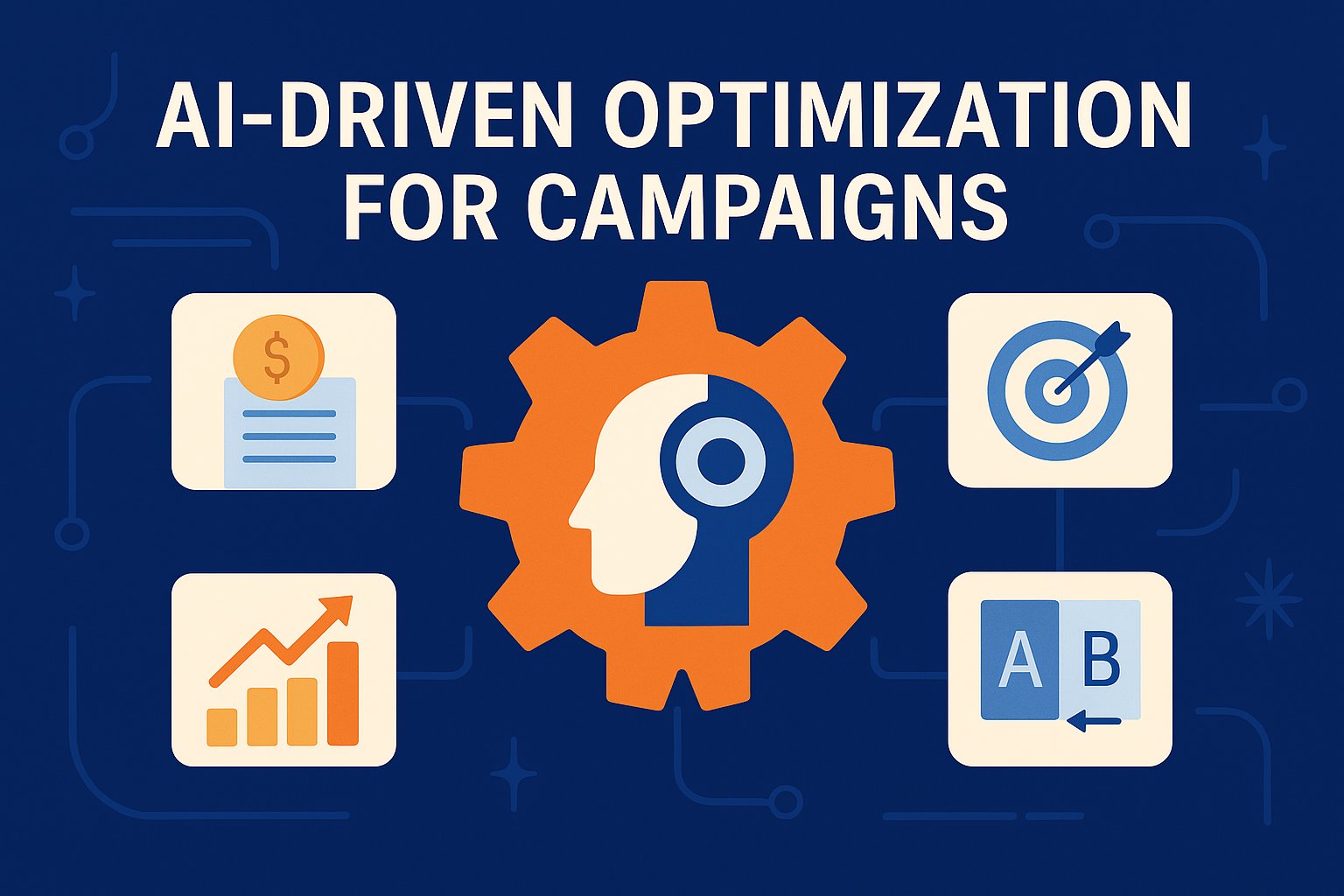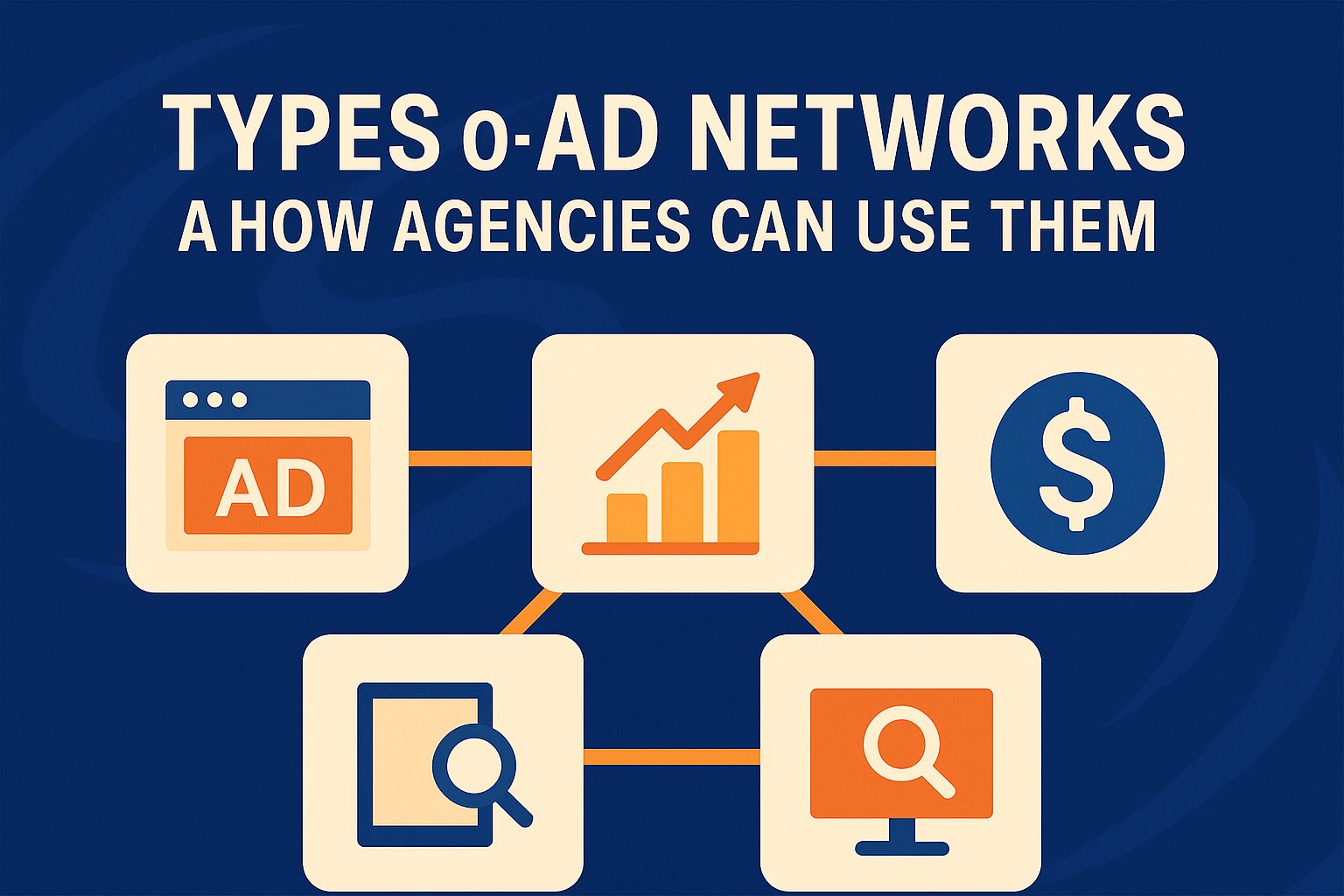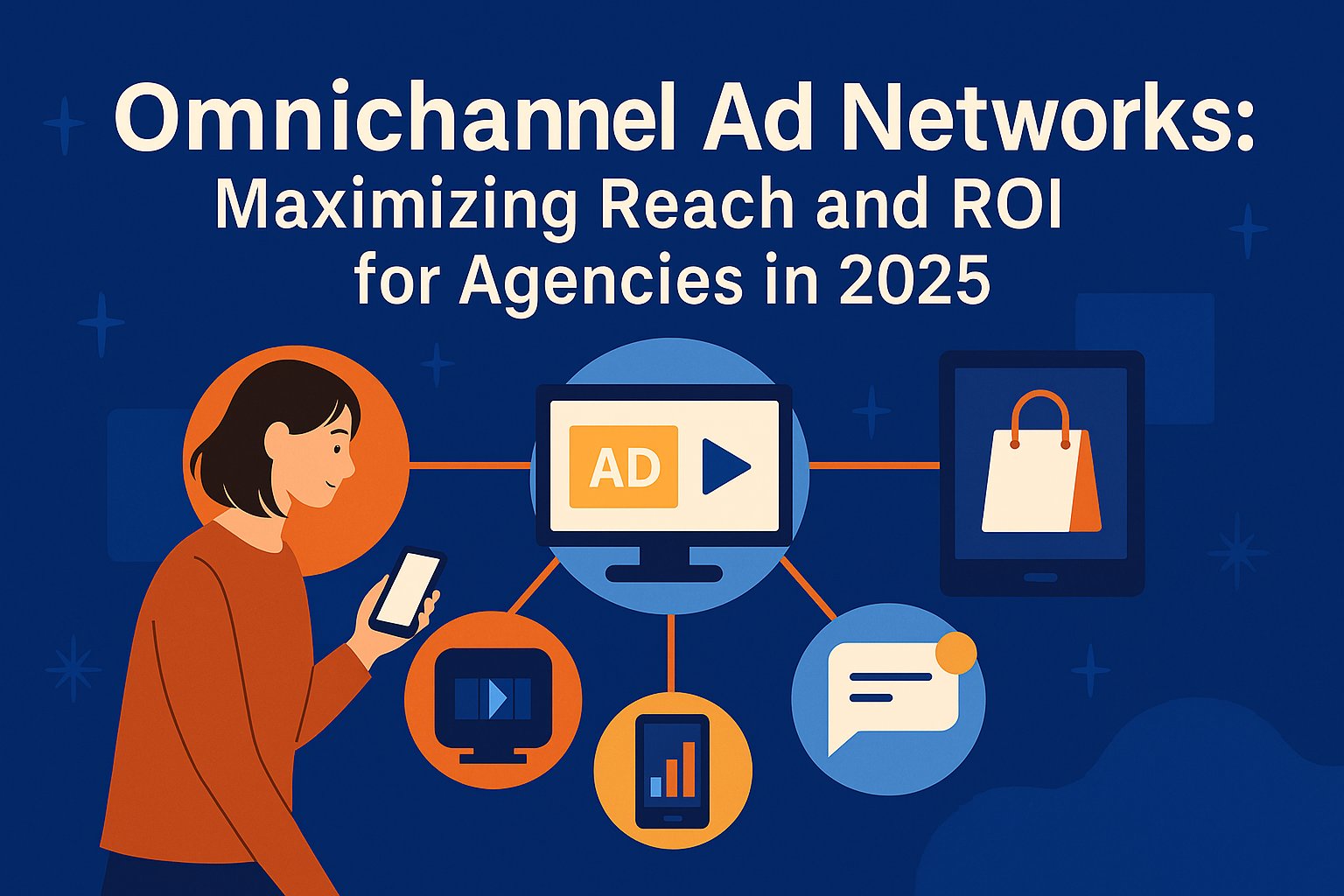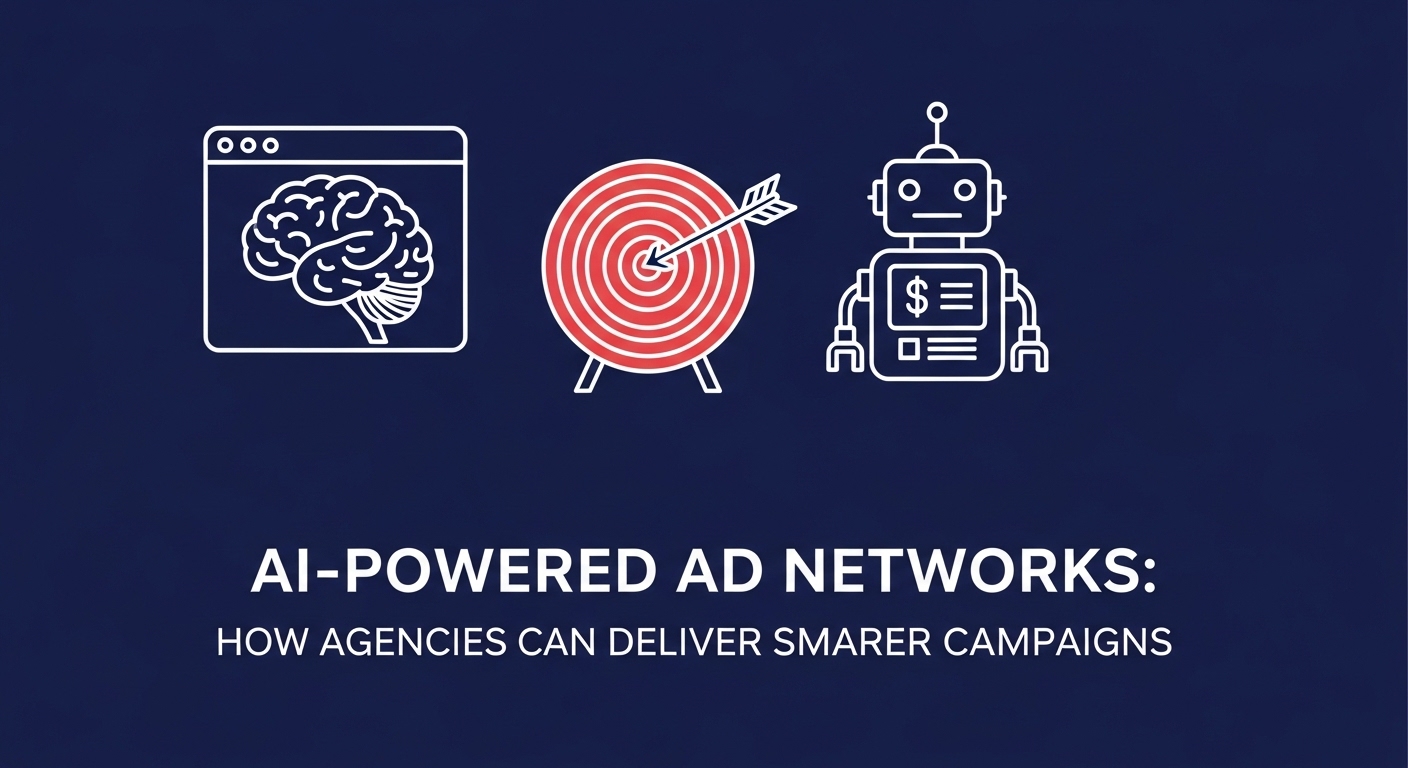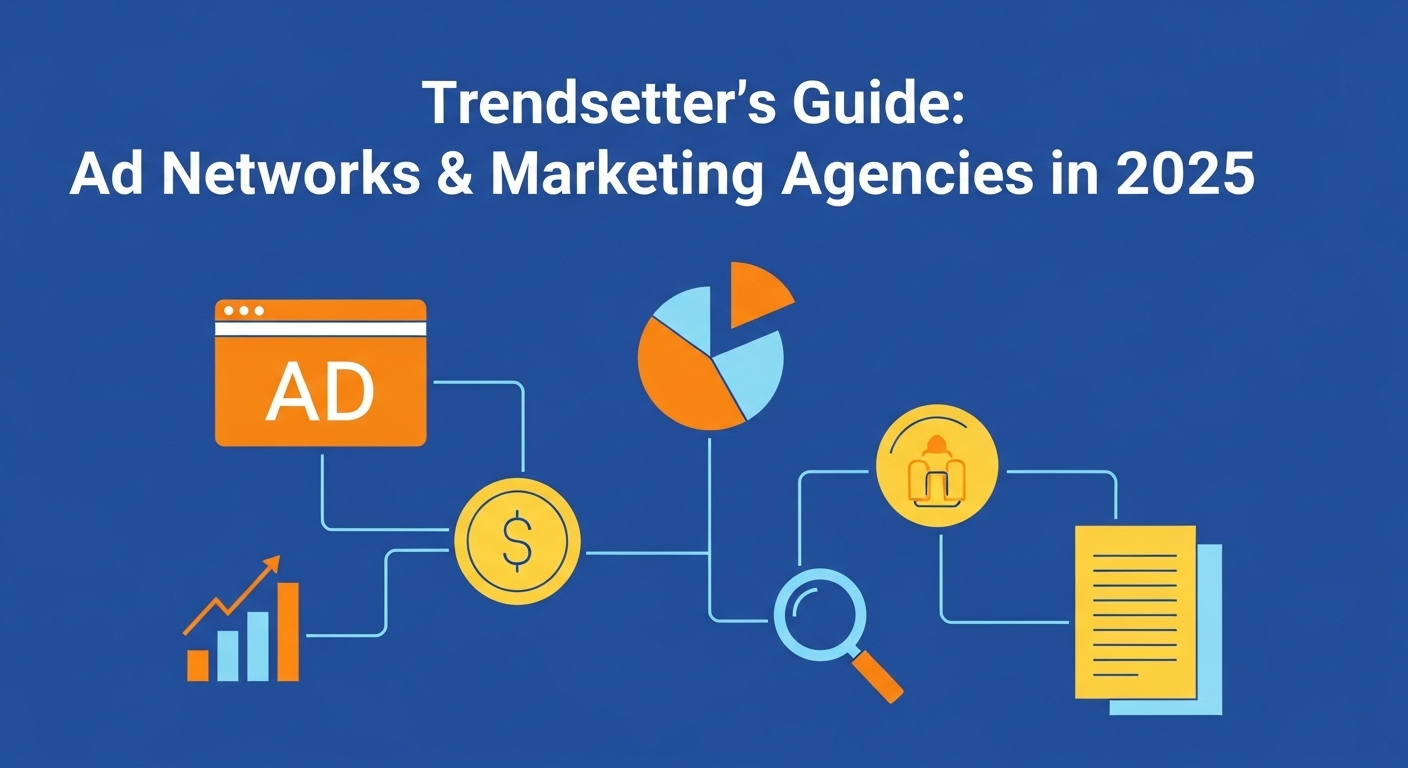🧬 What Is AI in Healthcare?
AI in healthcare means using machine learning, data analysis, and robotics to assist in diagnosis, treatment, and research.
More on Wikipedia: https://en.wikipedia.org/wiki/Artificial_intelligence_in_healthcare
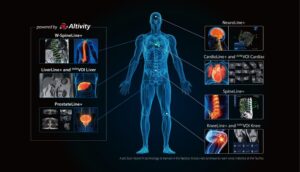
Medical AI system scanning a human body
🏥 Real-World Applications
1. Early Disease Detection
AI can read X-rays and MRI scans with high accuracy — even better than doctors in some cases.
Google’s DeepMind AI detected 50+ eye diseases with 94% accuracy.
Visual example on Pinterest: https://www.pinterest.com/pin/ai-in-medicine–904239200902216789/

2. Drug Discovery & Vaccine Research
AI simulations helped researchers create COVID-19 vaccine candidates in record time. AI cuts years off pharmaceutical R&D.
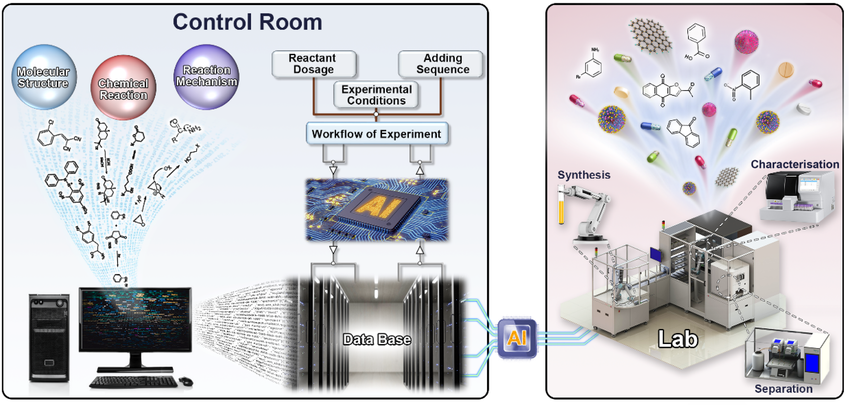
3. AI Chatbots & Virtual Assistants
Apps like Babylon Health or Ada Health answer questions, assess symptoms, and even recommend actions — saving time for doctors.
Quora: https://www.quora.com/Can-AI-replace-doctors
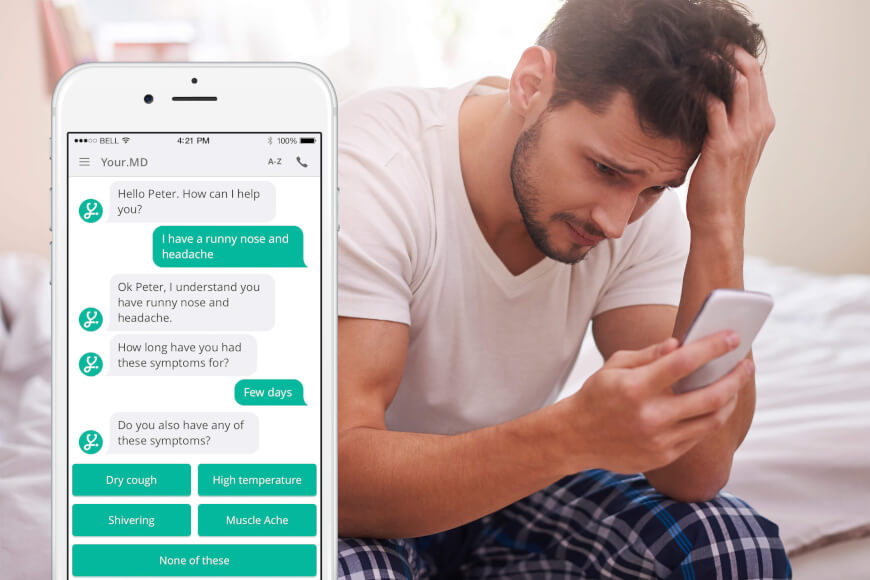
✅ Benefits of AI in Medicine
– Faster diagnosis
– Personalized care
– 24/7 availability
– Lower cost
– Less human error
Facebook video (Mount Sinai Hospital): https://www.facebook.com/watch/?v=178281622675159
⚠️ Challenges to Watch
– Bias in data → misdiagnosis risk
– Privacy issues → health data misuse
– Ethical dilemmas → who’s accountable for AI’s decisions?
🌍 What It Means for You
AI is no longer optional — it’s already embedded in wearables, telemedicine, and hospital systems. While it can’t replace doctors, it sure can amplify their power.
🔮 Coming Next Week
“AI in Education: Smarter Classrooms, Smarter Students” — We’ll explore how AI is helping both teachers and learners thrive.
👉 Found this helpful? Share it or comment below how AI has helped your health journey.
